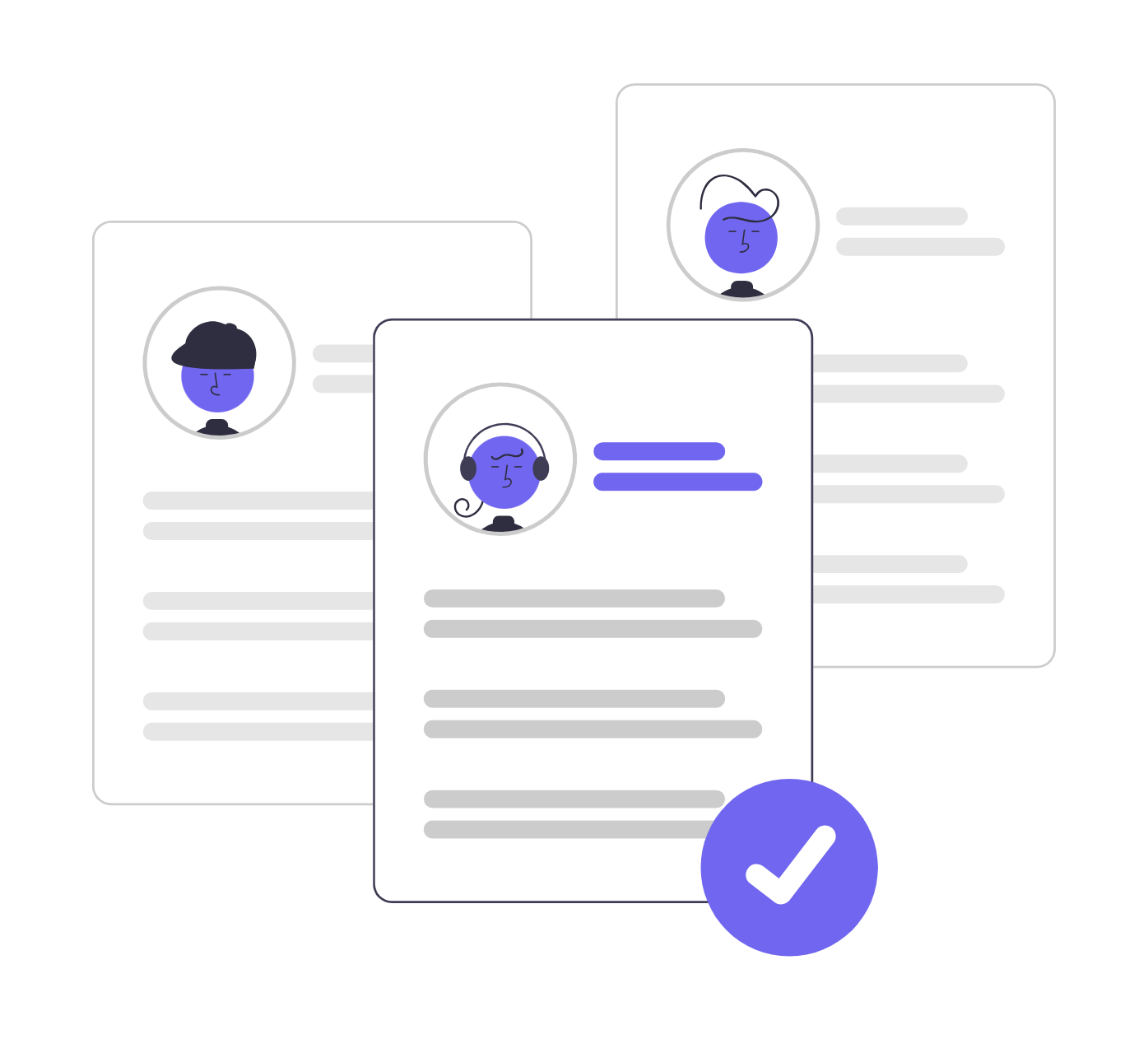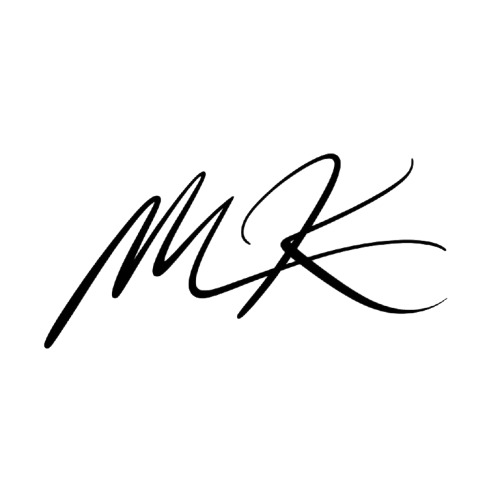Share
Introduction: The Generation That’s Changing Everything—For Better or Worse
If you’ve hired recently, chances are you’ve encountered this: a Gen Z candidate with impressive credentials, creative energy, and… a request to work remotely, start next month, and skip the 9-to-5 entirely.
Hiring Gen Z often feels like decoding a new language. Recruiters describe them as digitally fluent, bold, and creative—but also unrealistic, fragile, and hard to retain. And while some of that criticism may come from generational bias, the tension is real. Something is broken in the hiring process—and it’s not just Gen Z.
This article unpacks the biggest challenges employers face when hiring Gen Z today—and more importantly, what can be done about it.
1. The Expectation-Reality Gap: Where Employers and Gen Z Miss Each Other
The most common recruiter complaint? The gap between what Gen Z wants and what the workplace actually offers.
- Salary expectations: Many Gen Z applicants expect salaries in the ₹10–15 LPA range straight out of college, inspired by startup success stories and influencer income. But the average starting salary in most industries is closer to ₹3–6 LPA.
- Work-life balance: They value mental health, flexible hours, and remote work—while employers still need accountability, performance, and in-office collaboration.
- Growth expectations: Gen Z wants meaningful work and rapid promotions. Employers offer structure, feedback, and time.
The result? A collision between idealism and operational reality, often leading to ghosting, job-hopping, or early burnout.
Quickly identify your most promising candidates. WorkScreen automatically evaluates, scores, and ranks applicants on a performance-based leaderboard—making it easy to spot top talent, save time, and make smarter, data-driven hiring decisions.

2. The Social Media Effect: How TikTok and Influencer Culture Distort Career Mindsets
Gen Z grew up with algorithm-driven platforms that reward visibility, aesthetics, and speed. That conditioning shapes how they view work:
- “I can make more online” mindset: Many see corporate jobs as restrictive compared to the perceived freedom of being an influencer or freelancer.
- “A day in my life” content: Viral videos paint remote work as low-effort, high-reward, and stress-free.
- Misplaced comparisons: Seeing peers earn money through YouTube, dropshipping, or social media causes some to question the point of traditional employment.
While these platforms offer real opportunities, they also distort what sustainable success looks like. Recruiters often find themselves competing not with rival companies—but with digital illusions.
3. Skill Gaps That Hurt More Than Résumé Gaps
Gen Z may be the most educated and tech-savvy generation, but many lack core workplace skills that matter just as much:
- Soft skills: Communication, leadership, adaptability—often underdeveloped due to remote education and digital-first social lives.
- Professional etiquette: Ghosting, one-word replies, and casual email habits are common recruiter frustrations.
- Problem-solving: An overreliance on Google, ChatGPT, or AI tools has reduced initiative and independent thinking.
- Real-world exposure: Fewer internships, less on-the-job training, and a gig-economy preference mean less workplace readiness.
Easily administer one-click skill tests with workscreen. -This way you can Assess candidates based on real-world ability—not just credentials like résumés and past experience. This helps you hire more confidently and holistically.

4. Recruiter Frustration Is Real (And It’s Not Just Generational Bias)
If it feels harder to hire and retain Gen Z, that’s because it is.
- “One-click apply” behavior: Many applicants apply en masse without even knowing the company name.
- AI-written cover letters: Recruiters report seeing near-identical responses across candidates.
- Lack of follow-through: Showing up late to interviews, backing out last minute, or vanishing after offer letters has become disturbingly common.
- Sensitivity to feedback: Some Gen Z hires interpret constructive criticism as personal attacks or mental health violations.
The issue isn’t that Gen Z is lazy—it’s that expectations around work, feedback, and accountability are shifting, fast.
Eliminate low-effort applicants—including those who use AI Tools to apply, copy-paste answers, or rely on "one-click apply." This way, you focus only on genuine, committed, and high-quality candidates—helping you avoid costly hiring mistakes.

5. But Wait—Is the Problem Gen Z… Or Broken Hiring Systems?
It’s easy to blame the generation. But many hiring systems are stuck in the past:
- Outdated job descriptions: Filled with jargon, not value.
- Résumé-based filters: Overlooking potential in favor of polished credentials.
- ATS systems: Automatically eliminating candidates who don’t use the “right” keywords.
- Interview models: Focusing on credentials, not real-world capabilities or motivation.
In other words, if you’re still hiring like it’s 2010, you’re going to struggle to evaluate a generation that lives in 2030.
6. What Forward-Thinking Companies Are Doing Differently
The goal isn’t to hire younger—it’s to hire smarter.
Here’s how to attract serious Gen Z talent without compromising standards:
- Set clear expectations upfront. Be honest about what the job is and isn’t. No fluff.
- Use assessments. Replace guesswork with real skill evaluation.
- Screen for values and follow-through. Look for consistency, effort, and commitment—even in small things.
- Train for the rest. Skills can be taught. Work ethic, curiosity, and accountability matter more.
In short: Don’t romanticize Gen Z. Don’t vilify them either. Just vet more intentionally.
7. Bridging the Gap Without Lowering the Bar
If it feels harder to hire and retain Gen Z, that’s because it is.
- “One-click apply” behavior: Many applicants apply en masse without even knowing the company name.
- AI-written cover letters: Recruiters report seeing near-identical responses across candidates.
- Lack of follow-through: Showing up late to interviews, backing out last minute, or vanishing after offer letters has become disturbingly common.
- Sensitivity to feedback: Some Gen Z hires interpret constructive criticism as personal attacks or mental health violations.
The issue isn’t that Gen Z is lazy—it’s that expectations around work, feedback, and accountability are shifting, fast.
Conclusion: Gen Z Isn’t the End of Work—They’re the Next Phase of It
Yes, Gen Z comes with challenges. But they also bring creativity, digital fluency, and a deep desire for work that matters. The key isn’t to lower the bar. It’s to build better ladders—ones that help serious candidates rise and help employers see them clearly.
This generation isn’t lazy or entitled. They’re skeptical—and rightly so. They’ve grown up in a chaotic world. What they want is purpose, flexibility, and fairness. What they need is structure, mentorship, and honest expectations.
Hiring Gen Z is hard. But done right, it can also be your greatest competitive advantage.
FAQ
A: Many companies report that Gen Z hires struggle with basic workplace expectations such as punctuality, communication, and resilience under pressure. Some employers also cite a lack of accountability, difficulty handling feedback, and poor follow-through as key reasons for early terminations. However, this isn’t universal—these issues often reflect a mismatch between outdated onboarding processes and new generational expectations.
A: While both generations value flexibility and purpose, Gen Z is more digitally native, self-directed, and skeptical of corporate structures. Millennials often entered the workforce seeking stability and collaboration, whereas Gen Z tends to prioritize mental health, autonomy, and rapid growth. Gen Z is also more entrepreneurial and less tolerant of traditional hierarchies or rigid work models.
A: The top reasons include lack of career growth, poor work-life balance, unclear expectations, and toxic or outdated workplace cultures. Many Gen Z workers will leave if they feel their time isn’t being respected or if the job lacks meaning and flexibility. Ghosting—where candidates or employees disappear without notice—is also more common with Gen Z, especially in environments that feel transactional or disorganized.
A: Common mistakes include vague job descriptions, relying too much on résumés, ignoring mental health considerations, and failing to clearly communicate expectations. Gen Z values transparency and structure—if your hiring process feels disjointed or outdated, they’ll likely disengage or drop off.
A: Retention improves when Gen Z workers feel heard, supported, and challenged. Offer clear growth paths, real-time feedback, mental health support, and flexible work options. Also, invest in onboarding that helps them understand not just what to do—but why it matters.
A: In many cases, hiring systems are to blame. Gen Z candidates are quick to dismiss vague job ads, drawn-out interview processes, and companies that lack purpose or flexibility. Updating your hiring process to be skills-based, transparent, and candidate-friendly can make a significant difference.

